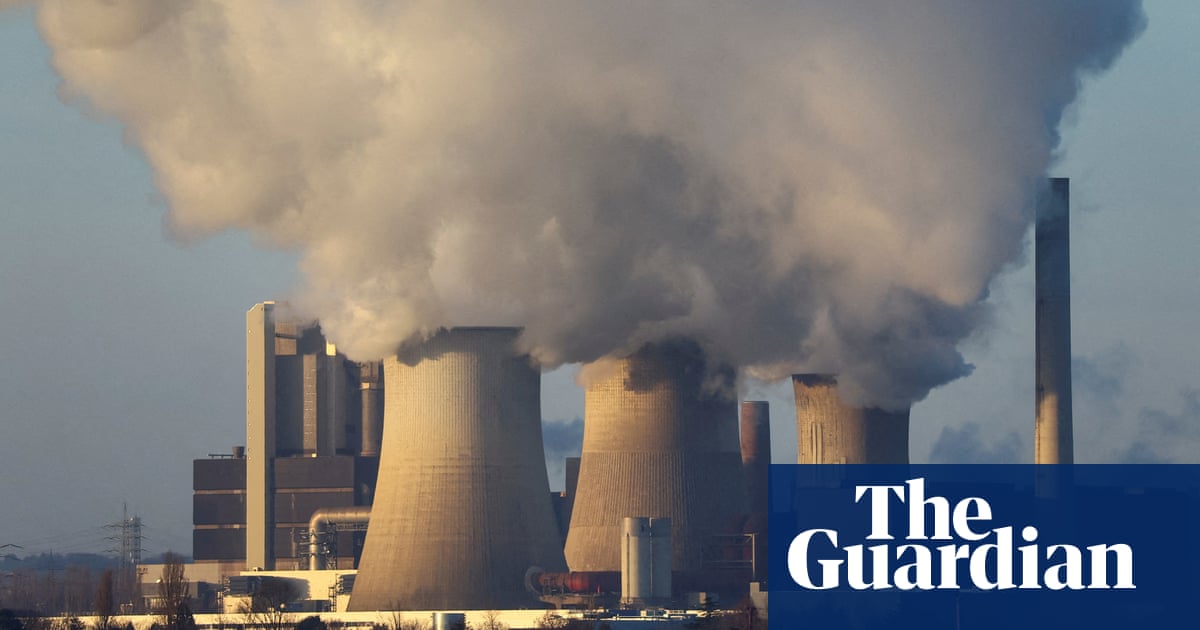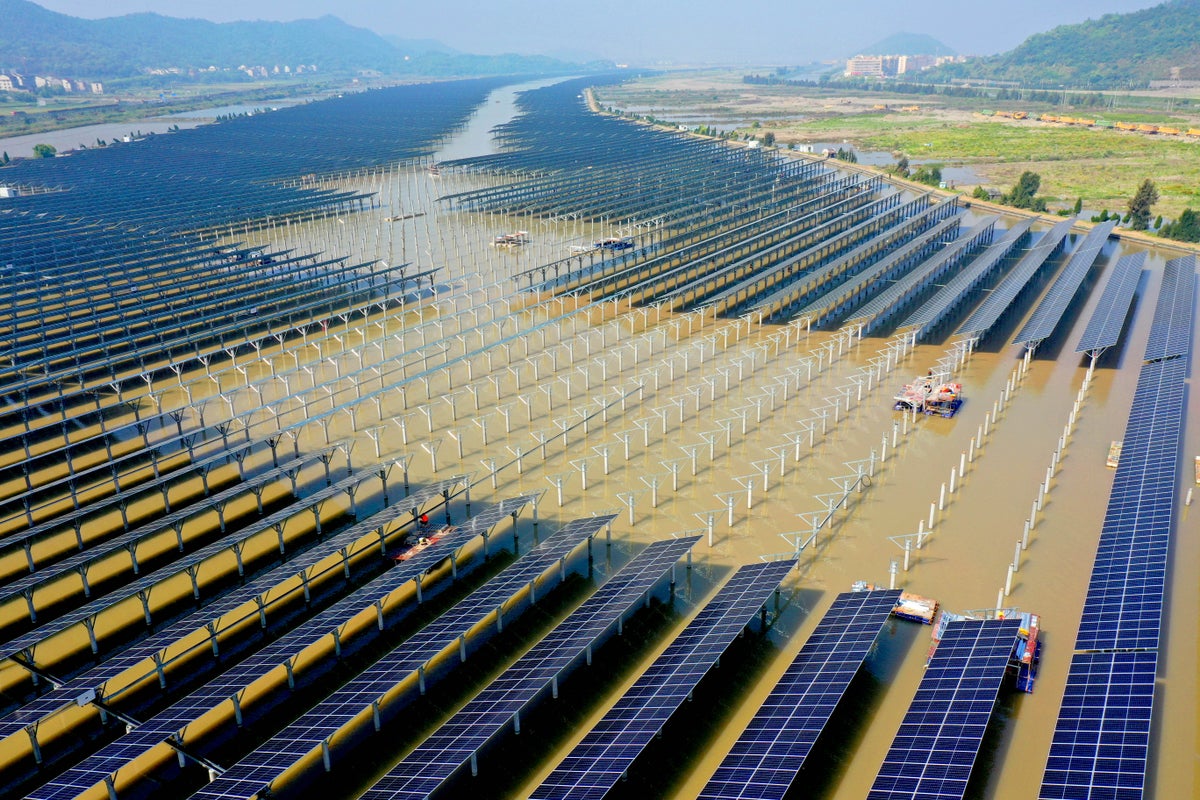mspohr
Well-Known Member

Germany’s emissions hit 70-year low as it reduces reliance on coal
Country emitted 73m fewer tonnes of greenhouse gases in 2023 than year before, study reveals
The drop was “largely attributable to a strong decrease in coal power generation”, Agora said, accounting for a reduction of 46m tonnes in CO2 emissions. Emissions from industry fell significantly, largely due to a decline in production by energy-intensive companies. Electricity generation from renewable sources was more than 50% of the total in 2023 for the first time, while coal’s share dropped to 26% from 34%, according to the federal network agency.













